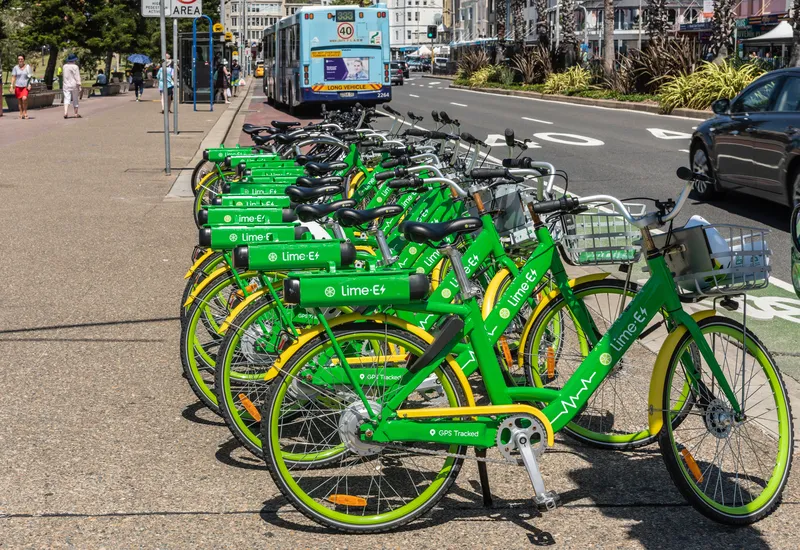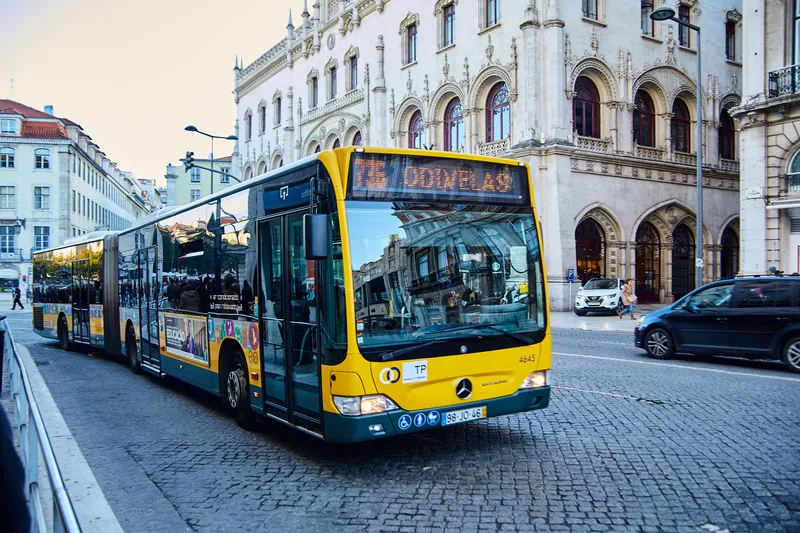The Welsh government has announced a £69 million hardship fund to support bus companies that offer free transport for National Health Service workers during the coronavirus pandemic.
By Ben Spencer
April 22, 2020
Read time: 1 min

Ken Skates, economy, transport and north Wales minister, says: “This support will give public transport operators the initial funding they need to continue to deliver services, pay employees and sub-contractors, while we work with them to develop a comprehensive package of measures to secure an efficient, sustainable, and robust bus network.”
The fund will be paid monthly up front for up to three months and will temporarily replace existing grant funding provided through the bus services support grant, mandatory concessionary fares and MyTravelPass in the normal course of business.
Transport for Wales is currently receiving support from the fund for allowing NHS workers to travel on its buses and trains for free.









